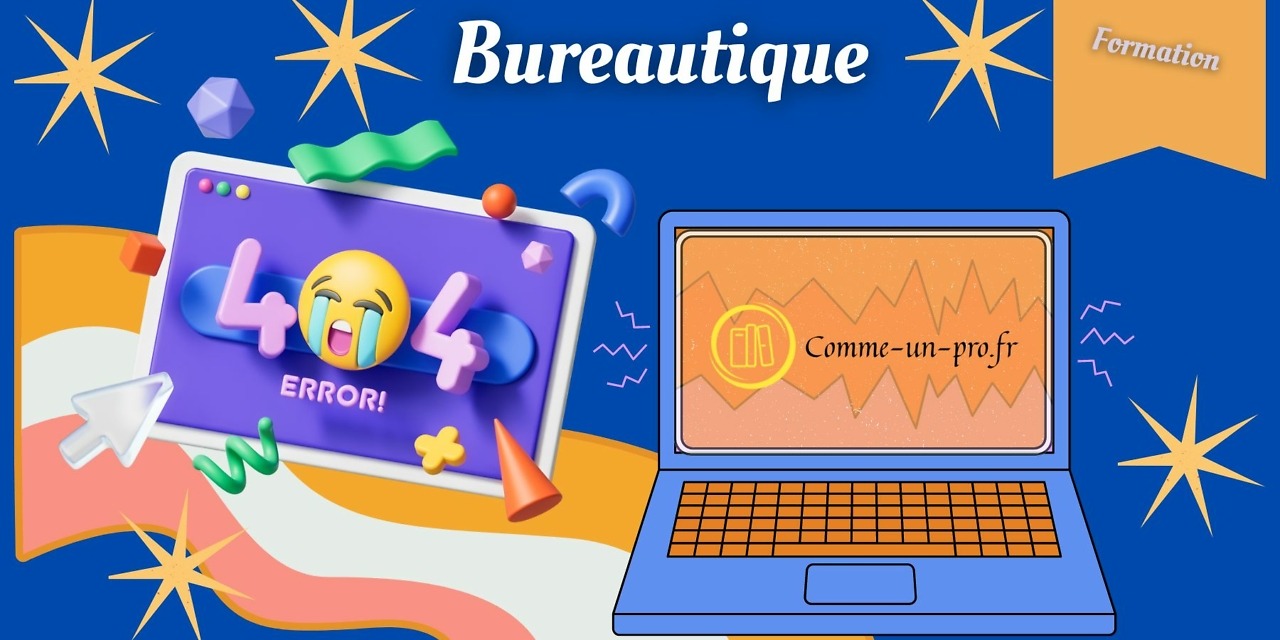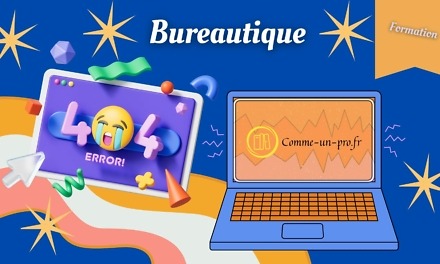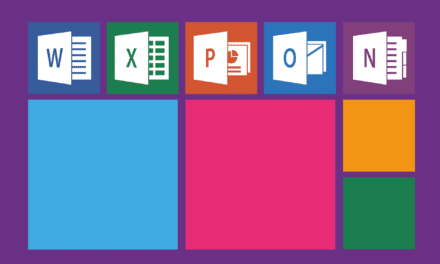Archive or Delete in Gmail for Business: Making the Right Choice
In the professional world, email management is crucial. With Gmail Enterprise, you have two main options for managing your messages: archiving and deleting. But when should one be favored over the other?
Archiving: for clutter-free storage
When you archive an email in Gmail for Business, it disappears from your inbox but remains stored in your account. This is the ideal option for important messages that you might want to check later. Archiving allows you to keep a clean inbox while maintaining quick access to your emails via the search function.
Removal: for permanent cleaning
Deleting an email removes it from your Gmail account. After 30 days in the trash, the message is permanently deleted. This option is recommended for irrelevant emails, spam or any other message that you are sure you no longer need.
So, archive or delete?
The decision depends on the nature of the message. For emails containing critical business information, archiving is the best option. For unimportant messages or distractions, opt for deletion.
In conclusion, Gmail offers powerful tools for effective email management. By understanding the difference between archiving and deleting, you can optimize your use of the platform and ensure smooth business communication.
The Benefits of Archiving in Gmail for Business
Archiving is an essential feature of Gmail that offers several benefits for professionals. First, it declutters the inbox without losing data. By archiving, you retain full access to your emails, while maintaining a clean and organized interface.
Plus, with Gmail's powerful search feature, finding an archived email is a snap. Whether you remember a keyword, date, or sender's name, Gmail quickly sifts through your archived messages to deliver relevant results. This is a major asset for professionals who deal with large volumes of correspondence.
Deletion: an irreversible decision
Unlike archiving, deleting an email in Gmail is a permanent action after the 30-day period. This is a step to be reserved for genuinely useless or redundant messages. Indeed, once an email is permanently deleted, it is no longer recoverable.
It is therefore essential to weigh the pros and cons before deleting. Gmail fortunately offers a “trash” where deleted emails remain for 30 days, providing a window of opportunity to recover them in the event of an error.
In sum, email management in Gmail relies on a clear understanding of the differences and benefits of archiving and deletion. Each professional must adopt a strategy that meets their specific needs for optimal communication.
Usage Strategies for Best Management in Gmail for Business
In the professional context, mastering the management of e-mails is crucial. Gmail Enterprise, with its archive and deletion features, offers powerful tools to organize your correspondence efficiently. But how do you decide when to archive or delete an email?
- Assessment of long-term relevance : Before choosing between archiving and deletion, ask yourself the question of the future value of the email. If a message contains information that might be useful later, such as project details or customer conversations, it's best to archive it.
- Confidentialité et sécurité : Emails containing sensitive or confidential information, once their usefulness has expired, should be deleted to minimize the risk of information leaks.
- Optimization of storage space : Although Gmail Business offers significant storage space, regular deletion of unnecessary emails helps ensure smooth and rapid use of the service.
- Management routine : Establish a weekly or monthly routine for reviewing your emails. This will help you decide which messages to archive for future viewing and which to delete permanently.
Ultimately, the key to using Gmail for business effectively is understanding and judiciously applying archive and deletion tools. By adopting thoughtful strategies, professionals can maximize productivity while keeping their communication safe and effective.



